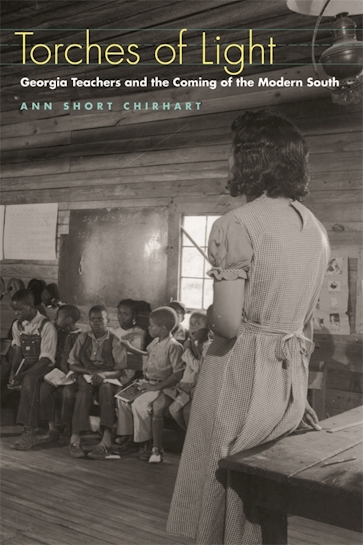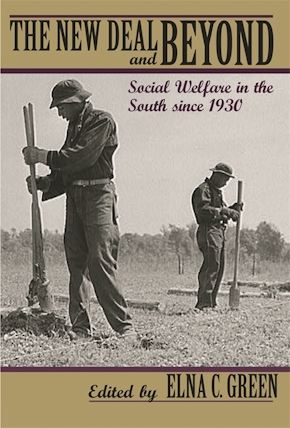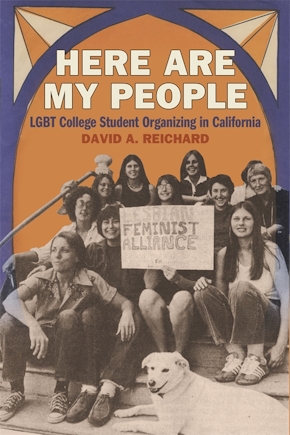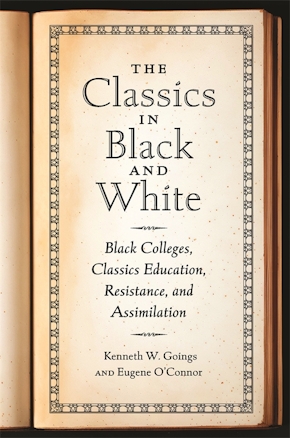Torches of Light
Georgia Teachers and the Coming of the Modern South
Title Details
Pages: 352
Illustrations: 20 b&w photos
Trim size: 6.000in x 9.000in
Formats
Paperback
Pub Date: 02/28/2005
ISBN: 9-780-8203-2669-6
List Price: $34.95
Other Links of Interest
• Learn more about education reform in Georgia at the New Georgia Encyclopedia
Torches of Light
Georgia Teachers and the Coming of the Modern South
Skip to
- Description
- Reviews
As turbulent social and economic changes swept the South in the first half of the twentieth century, education became the flashpoint. Ann Short Chirhart's study is the first to analyze such modernizing events in Georgia. She shows how these changes affected the creation of the state's public school system and cast its teachers in a crucial role as mediators between transformation and tradition.
Depicting Georgia's steps toward modernity through teachers' professional and cultural work and the educational reforms they advocated, Chirhart presents a unique perspective on the convergence of voices across the state calling for reform or continuity, secularism or theology, equality or enforced norms, consumption or self-reliance. Although most teachers, black and white, shared backgrounds rooted in localism and evangelical Protestantism, attitudes about race and gender kept them apart. African American teachers, individually and collectively, redefined traditional beliefs to buttress ideals of racial uplift and to press for equal access to public services. White women adapted similar beliefs in different ways to enhance their efforts to train greater numbers of white students for professional and wage labor.
Torches of Light is based on such sources as government archives, manuscript collections, and interviews with teachers. As Chirhart examines the ideas over which Georgians clashed, she also shows how those ideas were embodied in New Deal and U.S. Department of Agriculture programs, the political activities of the black Georgia Teachers and Educators Association, and the Georgia legislature's 1949 Minimum Foundation Act. Through two world wars and the Great Depression, teachers sought to reconcile clashing beliefs not only to renegotiate class, race, and gender roles but also to enhance their own professionalism and authority.
In her well-written and tightly argued Torches of Light, Ann Chirhart has rescued neglected women teachers in the Georgia upcountry and revealed their crucial role in mediating between a conservative patriarchal culture and education for modern life. Both African American and white teachers used their status not only to educate children but also to serve as models of deportment and vision.
—Pete Daniel, author of Lost Revolutions: The South in the Late 1950s
In this ambitious and poignant book, Chirhart restores black and white women teachers to their proper place—at the front—in the social and political change that swept Georgia and the South in the first half of the twentieth century. More than just a much needed account of the role of teachers in their classrooms and communities, Torches of Light also reveals the centrality of public education to the emergence of the modern state in the South. A very welcome addition to the burgeoning literature on teachers and education in the South.
—W. Fitzhugh Brundage, University of North Carolina, Chapel Hill
Chirhart's narrative pulls the reader along convincingly and effortlessly . . . she does a fine job of showing the racial and gender tensions that complicate the efforts of reformers . . . Chirhart recounts her subjects' lives with respect and warmth.
—H-Net
Ann Short Chirhart covers enormous territory in her excellent new history of Georgia teachers in the first half of the twentieth century. . . . Chirhart has written an excellent history of Georgia teachers that provides insight into many aspects of the South in the first half of the twentieth century.
—Florida Historical Quarterly
Chirhart has written an outstanding study of education, race, and reform in Georgia . . . Chirhart's is a solid study of the plight of a state's public school teachers, the culture they created, the reform they supported, and the long-term results of their individual and collective activism. It proves that the transformative power of education extended beyond the classroom and into southern society itself.
—American Historical Review
Blazes a new historiographical path . . . Chirhart's well-documented and contextualized study will inform GHQ readers about the integral place of education in the state's recent past. Her sensitive portrait of individual teachers gives depth to what have been largely one-dimensional figures. This book will also take its place alongside studies by Adam Faircluogh and James LeLoudis as an important installment on the project to rehabilitate the role of education in the region's struggle for racial justice.
—Georgia Historical Quarterly



